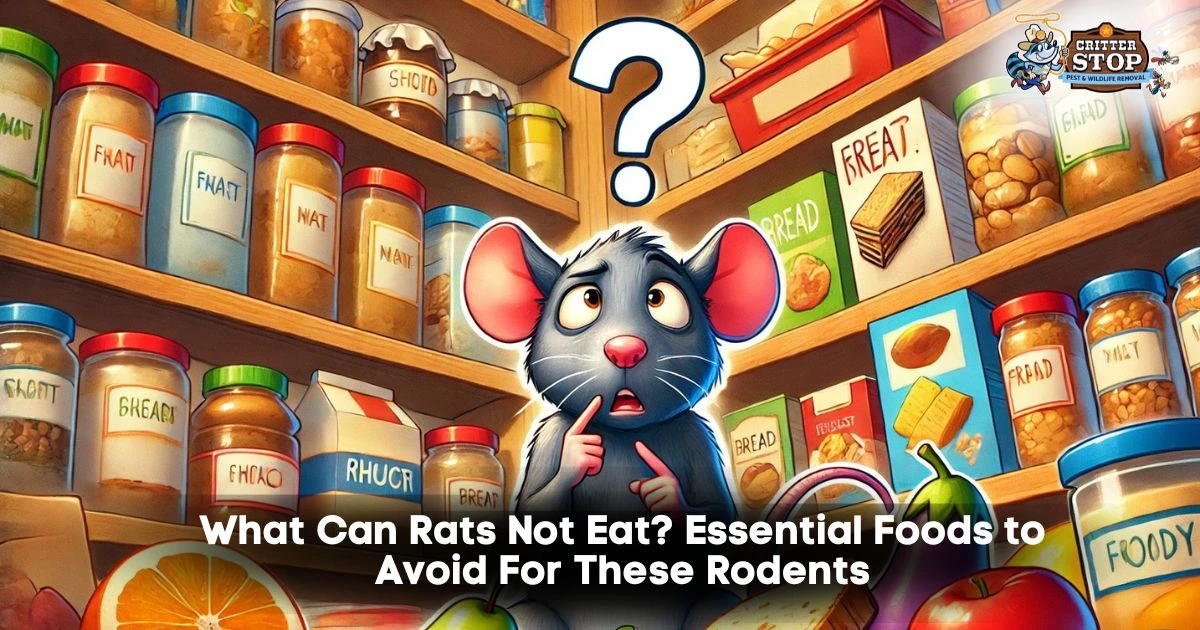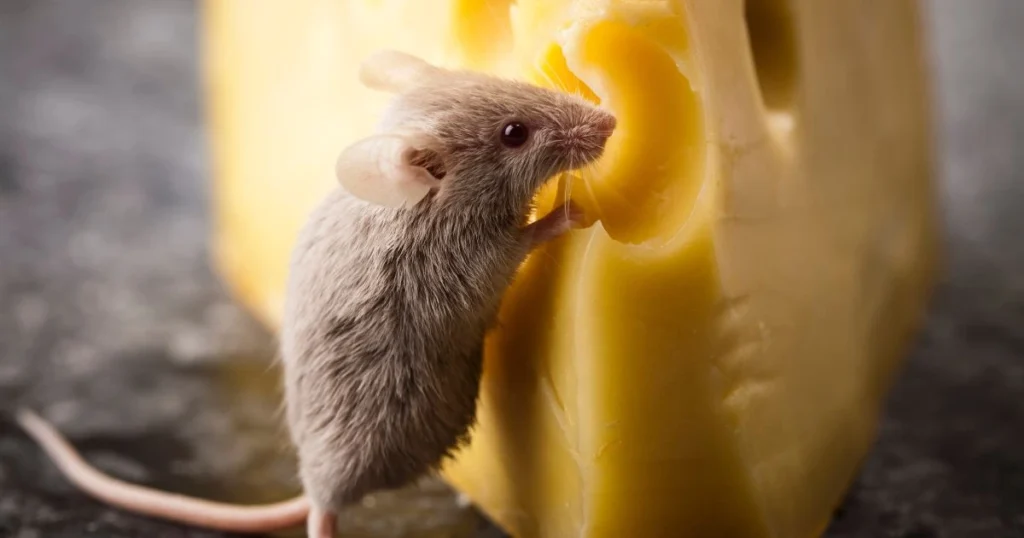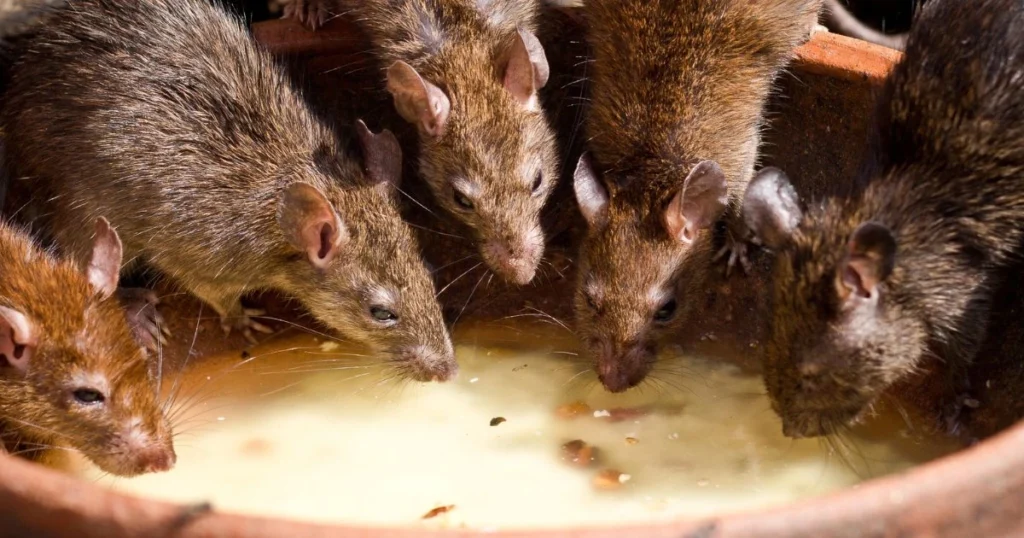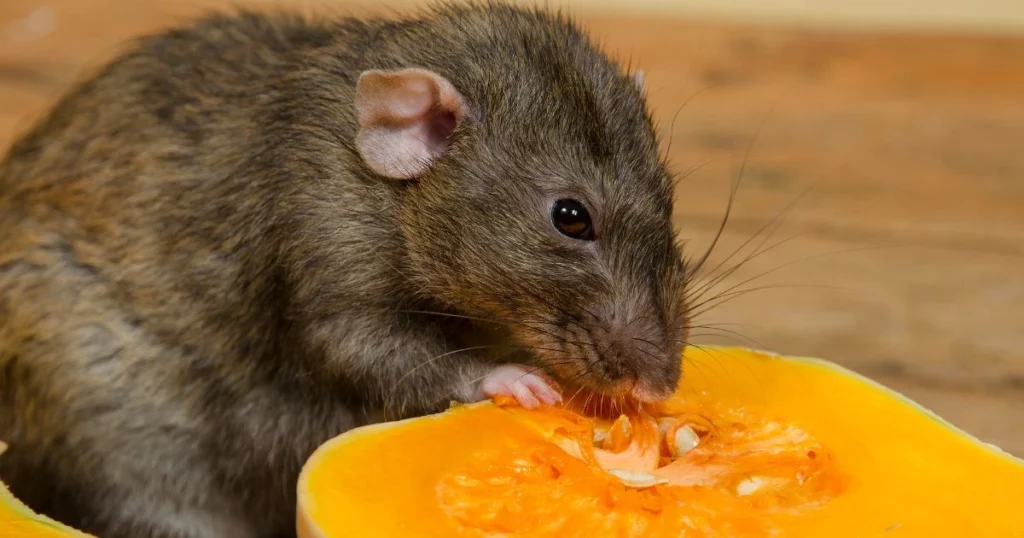
Rats may seem like resilient creatures, but their diet requires careful consideration. Certain foods can be toxic to rats, leading to serious health issues or even death. Understanding what to avoid is crucial for anyone caring for these animals.
Common toxic foods include chocolate, caffeine, and a variety of fruits and vegetables, such as onions and garlic. Additionally, processed foods high in sugar or salt can harm rats and disrupt their digestive systems. Knowing the risks associated with specific foods can help ensure a rat's health and well-being.
Making informed dietary choices supports a rat’s development and longevity. By identifying harmful foods, caretakers can provide a safe environment and promote a balanced diet for their pets.

Certain foods pose significant health risks to rats. Understanding which items fall into this category can help prevent serious health issues.
High-fat foods are detrimental to rats because they can lead to obesity and metabolic disorders. Foods like fried items, fatty meats, and processed snacks often contain unhealthy fats that are hard for rats to digest. These foods may also cause liver damage over time.
It is crucial to avoid items such as:
These should never form part of a rat’s diet, as they can contribute to long-term health complications. Rats thrive on a balanced diet that is low in fats and fiber.
High-sugar foods can lead to severe health consequences for rats. Excessive sugar intake contributes to obesity, diabetes, and dental issues.
Everyday high-sugar items include:
These foods can cause spikes in blood sugar levels, resulting in energy crashes and cravings. Rats require a diet that minimizes added sugars, focusing instead on whole grains and plenty of fruits and vegetables in moderation.
Caffeine and alcohol are highly toxic to rats. Both substances can disrupt normal metabolic functions and lead to serious health concerns.
Symptoms of caffeine toxicity include:
Alcohol consumption can result in liver damage and even fatality. It is essential to keep any caffeinated or alcoholic beverages well out of reach to ensure their safety. Rats should have fresh water available at all times, as hydration is vital to their well-being.

Certain foods pose significant health risks to rats. Understanding these dangerous foods is essential if you wish to use any of these to keep them at bay. Below are several items that are straightforward and dangerous for rat organisms.
Uncooked beans, including kidney beans and broad beans, contain high levels of phytohemagglutinin, a toxin that can lead to severe gastrointestinal distress in rats. Cooking beans thoroughly neutralizes this toxin, making them safe to consume.
Raw sweet potatoes also present risks. In their uncooked state, they contain harmful compounds. These compounds may interfere with digestion and cause nausea or serious health issues. Therefore, avoiding giving rats uncooked beans and raw sweet potatoes is prudent.
Green bananas contain higher amounts of tannins and may lead to digestive upset. The unripe fruit is less palatable for rats and can cause digestive blockages. Ripe bananas should be offered instead, as they are easier for rats to digest.
Similarly, the skin of green potatoes contains solanine, a toxic compound that can cause lethargy, vomiting, and even neurological issues in rats. It is best to avoid both green potatoes and their skins. Choosing fully ripe or cooked varieties helps prevent health issues.
Blue cheese is another item to avoid. It contains mold that produces mycotoxins, which can be harmful to rats. These toxins can lead to severe health problems, including liver damage and respiratory issues.
Additionally, the intense flavor and smell of blue cheese can deter rats and upset their stomachs. While some may assume that small amounts could be harmless, it is best to avoid this cheese altogether to ensure the rat's health and safety.

Though not the most humane, feeding rats toxic or harmful foods is a way to keep them away. Foods such as onion, garlic, and citrus can cause digestive upset. Adhering to safe food handling practices ensures that rats remain healthy and active.
Homeowners can rely on professionals like Critter Stop for wildlife or pest concerns. They are known for their exceptional service and high-quality work, making pest removal straightforward. Call Critter Stop at (214) 234-2616 for a free inspection.
Rats require a specific diet to stay healthy and thrive. Understanding what foods are harmful or toxic is essential for every rat owner.
Rats should avoid sugary foods and excessive carbohydrates, which can lead to obesity and diabetes. They also need to avoid processed foods containing preservatives or artificial ingredients. Fresh fruits and vegetables should be limited to safe varieties only.
Rats must not consume toxic chocolate, which can lead to serious health issues. Caffeine, found in coffee and tea, can also be dangerous, as it may cause heart problems. Additionally, nutmeg is harmful and can cause seizures.
Certain foods, like onion and garlic, have been shown to damage rats' red blood cells. Other toxic items include green potatoes containing solanine, a harmful chemical. Even moldy foods can pose serious risks to a rat's health.
Rats cannot sustain themselves on a diet high in fats and sugars. Foods rich in salt can lead to kidney problems, and corn should be given sparingly due to its high carbohydrate content. Balanced nutrition is key to preventing disease.
Common snack foods, like chips or cookies, are unsuitable for rats. These items often contain unhealthy fats, sugars, and preservatives. Leftovers containing spices or high-fat content should also be avoided.
Foods such as citrus fruits are known to be toxic, as they can upset a rat’s stomach. Raw beans should also be strictly avoided due to their toxicity when uncooked. Xylitol, often found in sugar-free products, is extremely dangerous.
High-sugar foods, including candy and baked goods, can result in serious health problems if consumed regularly. Dairy products can cause digestive issues due to lactose. Moreover, fatty foods can contribute to obesity and related complications.
Visit our Critter Library and learn more about our furry friends